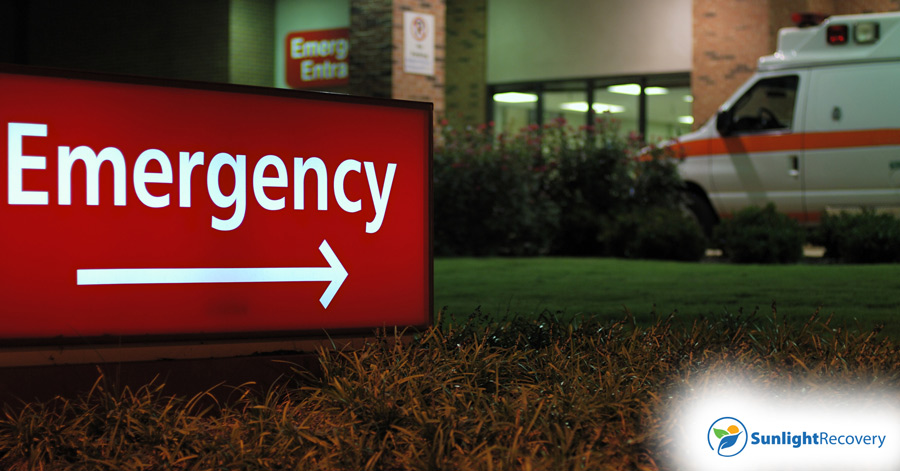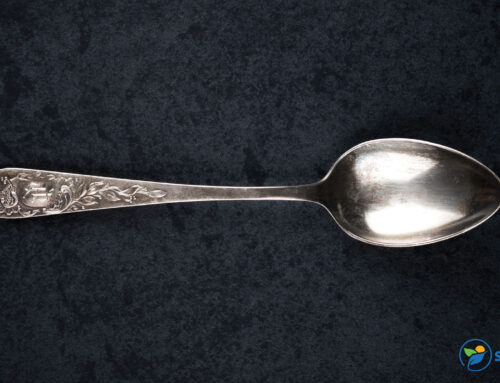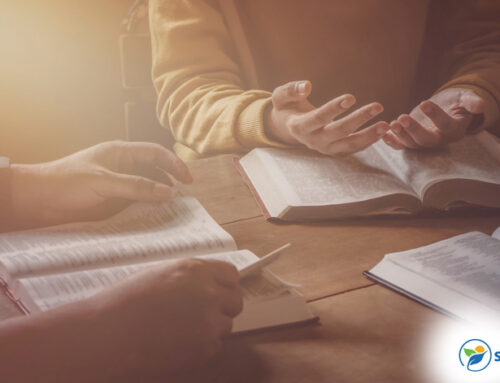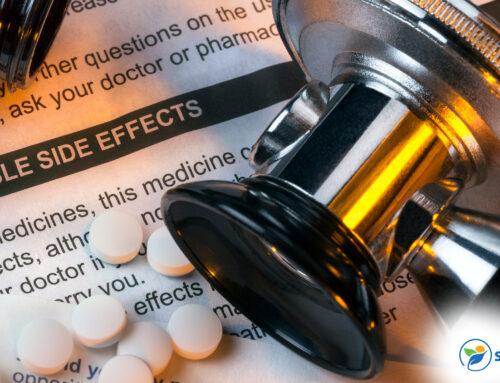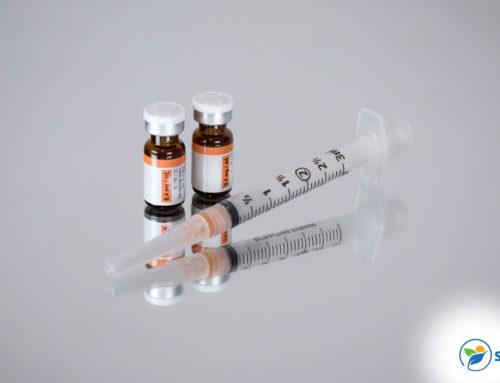More than 106,000 people lost their lives to drug overdoses in 2021. Some of those deaths could have been prevented if 911 had been called. But can you go to jail for overdosing, or are there legal protections for people seeking medical care after taking drugs?
Drug laws vary between states, but the justice system usually penalizes substance abuse. If you’re caught with drugs on you, a possession charge means a hefty fine and a criminal record, at the very least. This is why, even in emergencies, some people avoid calling 911 or going to the emergency room when experiencing an overdose for fear of getting in trouble.
Can You Go to Jail for Overdosing?
The short answer is that it depends. Generally speaking, a drug overdose is considered a medical emergency in the United States, not a criminal offense. Medical professionals will care more about saving your life than getting you in trouble with the law. However, legal implications surrounding drug use can vary depending on circumstances and jurisdiction.
In most cases, you may face criminal charges if found to possess illegal drugs or engage in drug-related activities. The penalties for drug offenses can vary depending on factors such as the type and the quantity of drugs involved, previous convictions and other circumstances. Most states, including Florida, offer some legal protection to people seeking medical assistance during an overdose. Commonly known as the 911 Good Samaritan Acts, these laws are created to encourage people to call emergency services in case of an overdose by providing immunity from prosecution on some drug charges. The exact specifics vary between jurisdictions.
The 911 Good Samaritan Act
State-level Good Samaritan laws provide limited protection from prosecution to those who seek help or report an overdose. These laws aim to reduce barriers to seeking help during emergencies and eliminate the fear of legal repercussions related to drug possession or other minor offenses. Most states have enacted such laws, but even in places without Good Samaritan laws, seeking help for a drug overdose doesn’t automatically mean trouble with the law. First responders are more likely to be interested in your health and well-being than in your drug use or the paraphernalia lying openly on the table.
And even in places with no 911 Good Samaritan Act, going to the hospital after an overdose would more likely result in a mandatory treatment program to help you get clean from drugs and alcohol. However, each jurisdiction has its own set of regulations on this matter.
These types of safeguarding laws have proved efficient in reducing the number of deaths from overdoses, and researchers are encouraging more states to enact them. Research has found that states with more expansive protections for addicts saw a significant decline in fatal overdoses compared to jurisdictions where drug addicts are punished even for overdosing.
Can You Be Charged for Overdosing in Florida?
In Florida, the law may protect you from arrest and prosecution if you go to the ER due to a drug or alcohol overdose and have a small number of drugs and drug paraphernalia on you.
It offers immunity to anyone “acting in good faith who seeks medical assistance,” which means it may also keep you from getting arrested if you call 911 for someone else overdosing. The law also applies to people on probation, so seeking emergency treatment for an overdose shouldn’t be used as grounds to take you back to jail.
Not all cases are covered under the 911 Good Samaritan Act. For example, if you’re found to have more than a certain amount of drugs on you — typically over 10 grams for most Schedule 1 and 2 substances — the police may still arrest you, and the state may still choose to prosecute.
The state may prosecute the person who supplied the drugs if the overdose resulted in a fatality. Florida does have some of the harshest drug dealing laws in the country. And the person giving someone the substances that caused an accidental overdose might actually receive a first-degree murder charge.
In all cases, calling 911 and getting urgent medical assistance when you or someone you know is in danger from an overdose is the best possible decision.
Could You Be Charged With Public Intoxication?
Being charged with public intoxication if you seek medical help during an overdose is unlikely but not impossible. Under Florida law, being intoxicated in public is a misdemeanor, and you’ll likely get in trouble if you cause a public disturbance. In most cases, going through an accidental overdose will likely not fall under the umbrella of public intoxication.
For example, you might receive a charge if you act inappropriately in the hospital while under the influence. If you attack hospital staff and cause a disturbance during your visit to the ER, it’s more likely staff will contact the authorities, and you could get in trouble with the law. However, if you’re experiencing a medical emergency after using drugs or drinking alcohol, you should seek immediate medical assistance.
Always Seek Medical Help
While the law on drug abuse can be punitive, Florida has some protections in place for people seeking help in an emergency. An overdose is a medical emergency, and your health and well-being must take priority over any fear of legal consequences. If you think you might be experiencing a drug overdose, don’t hesitate to call emergency services, as it could save your life. Far too many people across the United States lose their lives due to accidental overdoses, often because of being too afraid to call for help.
Feeling apprehensive about reaching out for help is understandable if you or someone you know is overdosing. But your health and well-being are more important than the chance of legal issues. The likelihood of getting in trouble with the law for an overdose is relatively low, and it shouldn’t deter you from seeking life-saving assistance.
If your own drug and alcohol use is problematic, we can help you find your way to recovery. Our experienced and compassionate team members at Sunlight Recovery are available for a confidential talk at all hours of the day. Get in touch with us now and start your journey to a better, healthier you.


